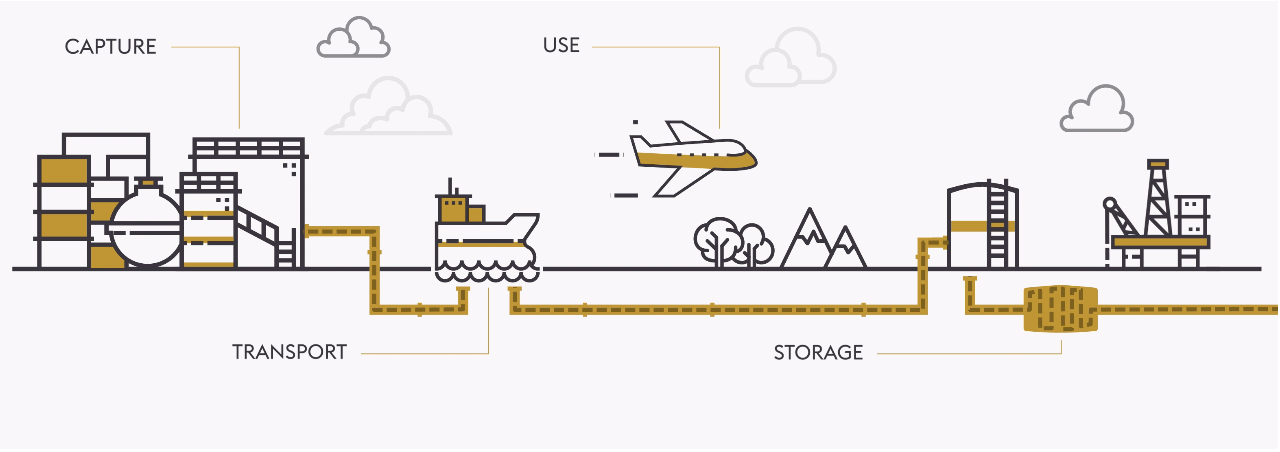Carbon Capture, Utilization & Storage (CCUS)
Carbon Capture, Utilization & Storage (CCUS)
Your strategic reservoir engineering support, tax equity and financing options, and tax advisory partner on CCUS project development.
Carbon capture, utilization, and storage (CCUS) is recognized as being an essential strategy for meeting global emission reduction targets. At least 27 countries, representing more than 60% of the world’s economy, have announced goals to become carbon neutral by 2050.
The ability of any single consulting firm to address all CCUS issues simultaneously is challenging due to the breadth and depth of disciplines required—energy experience, finance, tax, reserve engineering and geoscience, technology, facilities engineering and legal. Opportune possesses the capabilities and experience necessary to address many of these disciplines to help emitters and stakeholders address these issues with fewer advisors and receive more focused and actionable advice.
What is CCUS?
CCUS is the process of capturing CO2 emissions from a variety of high-emitting industrial facilities like coal-fired power plants, cement manufacturing, ethanol production, and steel manufacturing, and reusing it or storing it so it will not enter the atmosphere. CO2 storage in geologic formations includes oil and gas reservoirs, unmineable coal seams and deep saline reservoirs—structures that have stored crude oil, natural gas, brine, and CO2 over millions of years.
Capture
Carbon capture technologies remove CO2 from emissions or prevent CO2 from being admitted so it can be utilized or sequestered
Transport
Once the CO2 is conditioned, it is transported through pipelines, ships (CO2 carriers), motor carriers and railways to a storage site or to be used in other applications.
Utilization
CO2 has two primary uses, enhanced oil recovery and as an input in the food industry. Extensive research is underway to discover new uses for CO2.
Storage
Instead of utilization, CO2 can be permanently stored in underground formations, such as depleted oil or gas reservoirs, coal beds, or saline aquifer. It can also be sequestered through mineral carbonation, which creates a solid carbonate form.

We are taking a leading role in the financing and development of CCUS projects in the U.S. and globally.
As CCUS activity is expected to grow at an exponential pace, stakeholders across the industry will look to capitalize on CCUS tax credits through the development of new projects at a rapid pace. This expected exponential growth in activity will bring new and complex challenges, particularly for emitters who may have no experience or capital to capture and effectively sequester CO2.
Our CCUS Advantage
Unique Offering
We offer a full suite of advisory services to CCUS stakeholders, including in-house reservoir engineering and geoscience capabilities, that is unmatched by competition.
Energy Expertise
Energy–it’s what we do. Substantially all our clients are energy companies and/or energy investors. We have served over 200 clients across every sector of the energy industry.
Deep Industry Relationships
We have built and maintained strong relationships with key energy industry stakeholders such as industry companies, private equity, law firms and other capital providers.
One Firm
“One Firm” is a core tenant of Opportune. It means that although we may have different teams on a single project, the interaction between and management of the teams are seamless. There is never competition between our service lines.



